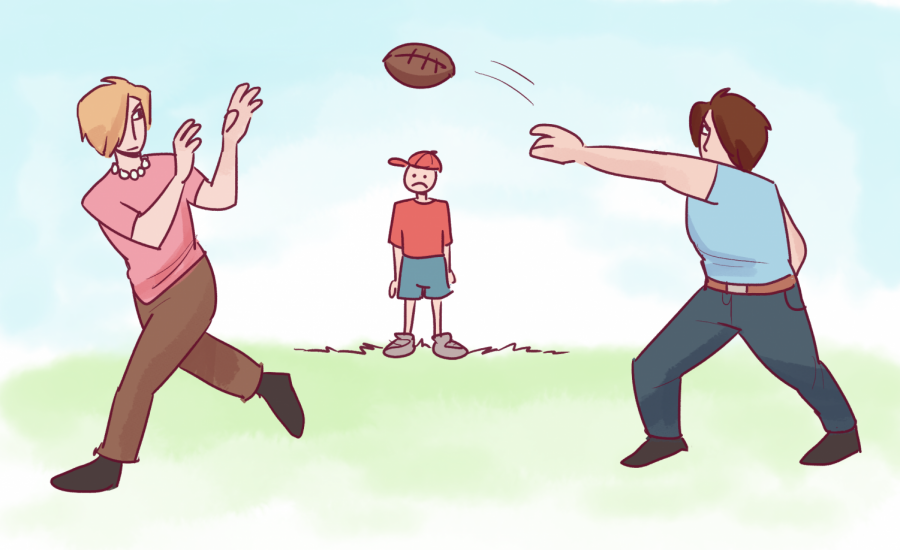In early February, President Donald Trump’s flurry of executive orders included several efforts to rename sites relevant to American history, including the changing of the Alaskan mountain Denali to Mount McKinley. The federal government has toggled between the two names since 1896, with “Denali” favored by Alaskans who desire indigenous representation and “Mount McKinley” favored by those wanting to commemorate former President William McKinley, a Gilded Age president who never visited Alaska. The contentious debate surrounding Mount McKinley asks a famous and perennially relevant question: What’s in a name?
A name tells a story; they can express heritage and history while shaping the narratives we absorb. For example, the Sioux-American battle of 1876 is referred to both as the “Battle of Little Big Horn” and “Custer’s Last Stand.” The latter implies American heroism while denying the unjust invasion of native land and the former is more neutral; either may alter one’s perspective of the historical event. Trump’s executive order seeks to alter our perspective of Mount McKinley, exchanging a name used by native Athabascans for centuries for one celebrating a president most known for controversially high tariffs and assertive policies on expansionism.
In a similar vein, recent moves by the Trump administration to change Fort Liberty to Fort Bragg—in memory of Braxton Bragg, a Confederate general—and the Gulf of Mexico to the Gulf of America aim to change the story surrounding these places.
Journalism serves document history, tasked with expressing current events in a way that allows future generations to gain an accurate picture of the past. Thus, publications like Zephyrus have a responsibility to preserve a comprehensive image of the news—this includes informing our audience whenever the way these events are referred to changes. Renaming something is a form of erasure, no matter what the intention behind it is, and we must dedicate ourselves to preventing this erasure.
In the past, Zephyrus has lacked in comprehensive coverage of instances of renaming; for example, in 2020, we covered the renaming of Garden Park which was made in recognition of Black Minnesotan pioneers, but in 2018 we neglected to address the changing of “Lake Calhoun” to “Bde Maka Ska” by the Minnesota Department of Natural Resources. Looking ahead, it is imperative that Zephyrus prioritize keeping its readers up to date when renaming occurs.
Moving forward, Zephyrus will abide by the renaming executive orders to maintain consistency with other news sources for ease of our readers. However, we will continue to note when titles and names change, as doing so keeps stories from becoming lost.
This piece was originally published in Zephyrus’ print edition on March 27, 2025







